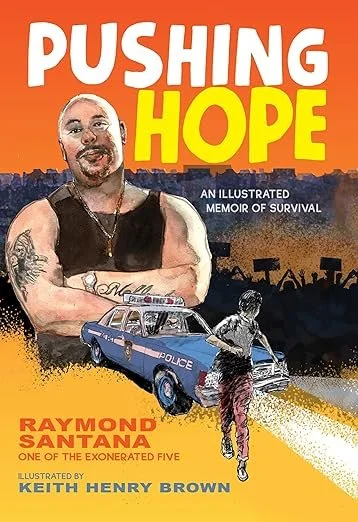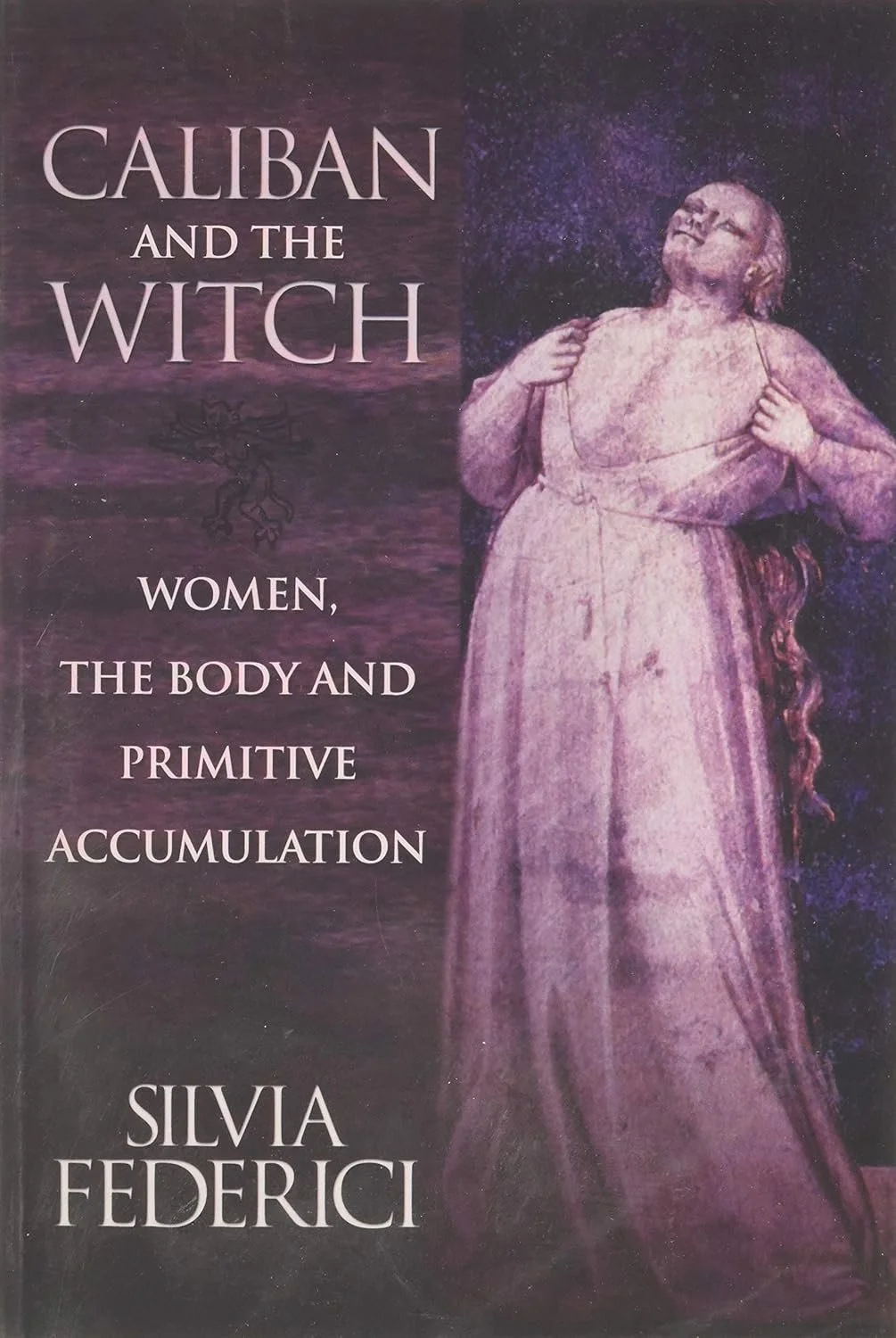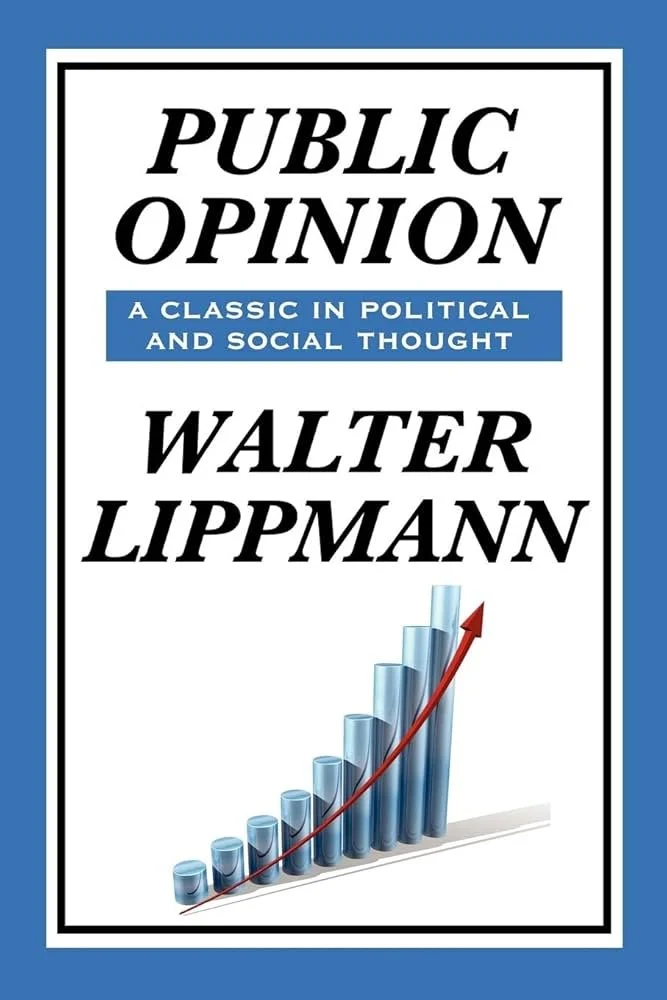About
J. Albert Mann is a disability activist, an award-winning author for young people, and a proud union member. She has an MFA from Vermont College of Fine Arts and is the partner liaison for the WNDB Internship Grant Committee. Her work has won the Massachusetts Book Award Honor, the Italian Orbil Prize, the Premio Andersen, been selected for IBBY’s Outstanding Books for Young People with Disabilities, received a Disability Visibility grant, and been a finalist for the Rodari Prize. Born and raised in New Jersey, she now lives in Queens, New York.
Representation: Jennifer is represented by Michael Bourret of Dystel, Goderich & Bourret.
What I’m Reading Now
Frequently Asked Questions
Q. How do you see your work as a whole?
A. The subjects of my books—war, disability, gender, labor—may be diverse, but a similar theme runs though them—equity. Equity is the understanding that each of us doesn’t begin life in the same place. Or as a baseball coach once said, “Some people are born on third base and go through life thinking they hit a triple.” Our bodies, economics, and locations play a large role in where we begin, and therefore play a large role in what happens to us along the way. We must acknowledge this in order to move toward a more equitable world.
Q. Can the world be a just place?
A. Writing or thinking in absolutes can be hard. Saying someone always does this or never does that shuts down a conversation in the same way that asking can the world be a just place can shut down the conversation because we all know life can’t be made fair and equal. But it can be made A LOT MORE fair and A LOT MORE equal…and therefore A LOT MORE just. When we work toward A LOT MORE, we work toward a kinder and more loving world. This is the direction and the world I’m working for.
Q. What is your experience writing nonfiction after a career focused on fiction?
A. Research has always been my way into a story. Whether I was writing historical fiction or contemporary, the starting point is reading and taking notes. Learning sparks joy for me. It also makes for richer characters, settings, and dialogue. Best of all, you’re never sitting in front of a blank page when you’re busy scribbling down multiple outlines. This focus on research made the transition to nonfiction almost natural.
Q. What do you find essential to the writing process?
A. Having an opinion. I always have an opinion. In other words, I start out with thoughts. And I love to read and talk about the subjects of my thoughts. Having thoughts, forming opinions, and reading and sharing these opinions is the impetus to learning, and thus to writing. For the record, my opinions change as I learn new information…as opinions should (in my opinon).
Q. What is your earliest memory of wanting to be a writer?
A. I didn’t begin writing until I was thirty-three, but I always loved to tell a story. My oldest sister once called me, “A lifelong liar,” because whatever happened to me…HAPPENED TO ME. So perhaps I was destined to write.
Q. What literary pilgrimages have you gone on?
A. So many! Research isn’t just reading. I love spending time in the setting of my books whenever I can afford to. For SCAR, I walked the battlefield for weeks on end imagining my scenes. I trespassed (constantly) on the grounds of the Fernald School, the Massachusetts institution where The Degenerates was set. Corning, New York, where Margaret Sanger grew up, was such an interesting experience. She is seriously its most famous resident, but you wouldn’t know it from hanging out in Corning. FIX is my lived experience, so an easy place to visit. Writing SHIFT HAPPENS took me everywhere…because labor history is everywhere.
Q. Do you have any advice for aspiring teen writers?
A. Connect with others doing what you’re doing…we all need comrades.
Q. What do writers owe the real people upon whom we base our characters?
A. You owe them the closest thing to the truth of their lives. It has been an honor to spend time with the characters in my books, the real and the fictionalized. I respect their situations and the circumstances they found themselves in. Because of this, I want to share the details of their lives in the most realistic and truest way possible.
Q. What was the hardest darling to kill?
A. How about the darling I brought back to life? The character of London in The Degenerates was originally in another novel that failed to sell. Editors felt she was too unlikable. The book died, but I never stopped thinking about her. When I began research on The Degenerates, I was reading the notes of doctors to develop my characters. One doctor wrote about a teen girl at the institution who would walk behind people at the dining table and tip their elbow as they went to sip their tea. This made me think of London, and that if someone locked London up for life, she would definitely be tipping some elbows. And then there she was, the lead character in my new novel.
Q. What was an early experience where you learned that language had power?
A. I was in the fourth grade. I read something untrue about myself on the bathroom wall at school. Amazing how a few scribbled words on a wall can change your life.



